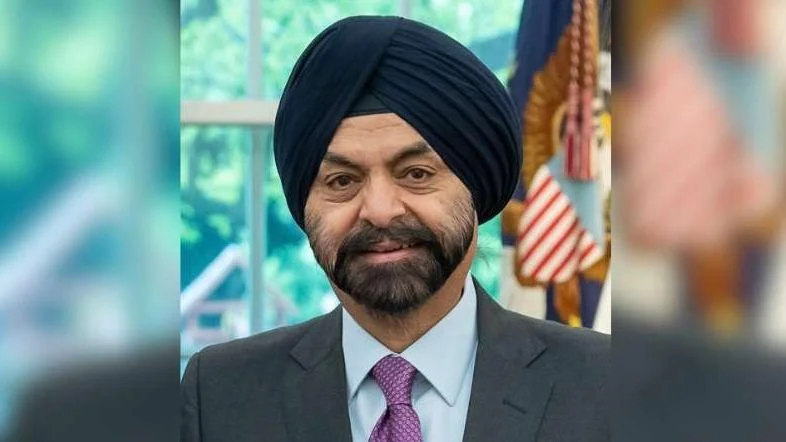Just over a year ago, Laura Guarcas had to endure a two-hour journey and spend up to 150 quetzales for a child’s fever or prenatal checkup. Now, living in Semeja II, she can access health care nearby. "The health post is so close to my house that if my child has a cough, I can just walk here, and best of all, they give me the medicine for free," she says.
Thousands in Maya communities in Guatemala's highlands are experiencing accessible primary health care. The new health post in Semeja II is part of the Crecer Sano Project by the Government of Guatemala with World Bank support. This initiative addresses chronic malnutrition affecting over 46.5 percent of children under five according to the 2014–2015 National Maternal and Child Health Survey.
Dominga Velázquez from the K’iché Maya community attends regular checkups at Potrero Viejo III’s health post with her children. “I used to have to go to Zacualpa and pay for transportation. Now I bring my kids here, the care is good, and I save money,” she says.
Verónica Orozco, Health District Coordinator for Zacualpa, notes improvements: “Today we have clinics, waiting rooms, trained staff, medicines, and above all, a dignified space for patients.”
Child malnutrition remains a critical issue impacting development and perpetuating poverty. Orozco states: “If a child doesn’t get adequate nutrition in the early years, their development is affected for life.” New posts allow early detection of malnutrition cases.
Sara Pacajoj from Semeja II highlights past challenges: “We used to work in schools without privacy... Now more people come to the post.” Ensuring mothers attend appointments remains an ongoing effort.
The community played an essential role in establishing these health posts alongside the Ministry of Health. Isidro Gutiérrez from COCODES recalls: “It was everyone’s effort.”
A household survey showed that more than 80 percent of women received at least four prenatal checkups during pregnancy thanks to Crecer Sano Project interventions.
As of May 2025, nearly 300,000 people have better access to basic services due to construction and renovation efforts under this project.
Each facility represents hope and improved access starting from early life stages.

